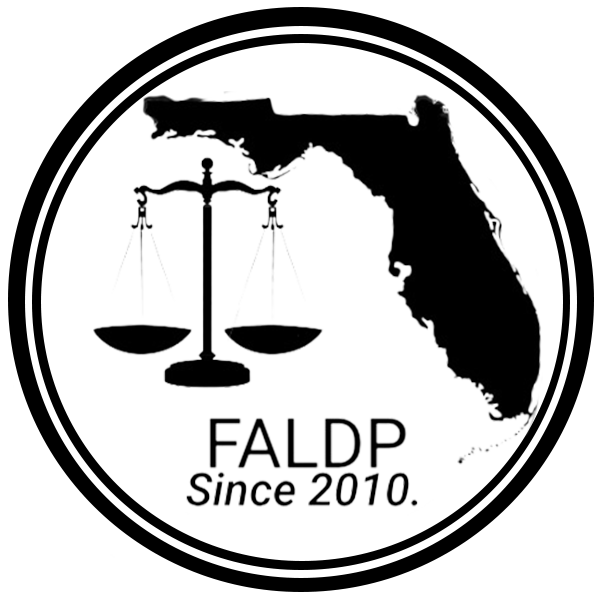800-515-0496
Alimony
Many believe that Florida alimony, also called spousal support, is rarely ordered anymore. That in modern society both spouses are equally able to support themselves and have no need for continuing support after divorce.
However, Florida alimony continues to be ordered in certain divorces, even though many assumed that alimony had been phased out; an old fashioned idea, not necessary anymore. However, it depends on the specific situation, and sometimes, out of fairness alimony should be awarded. In 2011 the Florida legislature clarified some definitions and categories of alimony. And in 2013 an Alimony Reform Bill passed only to be vetoed by Governor Scott.
In Florida the payment formula for child support is codified in the statutes, but alimony is not. Some divorcing couples work out an alimony arrangement in mediation. Others let the judge decide.
Four Categories of Alimony
The Florida Statute §61.08 divides alimony into the following categories.
- Bridge-the-gap alimony alimony provides temporary support which cannot exceed two years. The court cannot increase the amount, nor can the court lengthen the duration.
- Rehabilitative alimony allows an individual to return to school for a new career, improve job skills, or take a refresher course. The law requires that there be a written rehabilitation plan. A plan can consist of a budget for a college degree along with necessary living expenses.
- Durational alimony is a short-term alimony award that is appropriate if none of the other categories are suitable. A durational award may be later modified in amount but not in length.
- Permanent alimony may be awarded to provide for the needs and necessities of life as established during the marriage. Permanent alimony will most often be awarded only after a marriage of long duration. However, permanent alimony may be awarded after a short or moderate length marriage, if there are exceptional circumstances to make it necessary..
Factors to Consider
The court must weigh multiple factors in determining a fair
alimony award. One factor is the duration of the marriage. The marriage
durations have been divided into three categories:
- Short-term - less than seven years of marriage;
- Moderate - between seven and 17 years;
- Long-term - more than 17 years of marriage.
Other factors that the court considers about each spouse are age, physical and mental condition; the existence of separate financial resources; the earning capacity, education, skills and employability; the contributions to the marriage; and any other factors the court determines are relevant to an equitable alimony arrangement. The payor must have the ability to pay, and this fact must be alleged in the petition for alimony or dissolution of marriage.
Remember equitable means fair - not necessarily equal.
Modification of Alimony
The grounds for modification of alimony are in section 61.14(1) of the Florida Statutes. When the court orders alimony payments, and later on the financial ability of either party; or the circumstances of either party; change -- then either party may petition the court for modification of alimony payments. The party who petitions for a change in alimony must show that a substantial change has occurred. "Substantial" in this context means significant, involuntary and permanent. Showing a reduction in the payor's income alone will not justify modification. The change must be involuntary and there must be no other funds in the payor spouse's possession that could be used to keep current with the alimony obligation.
Alimony ends when the receiving spouse remarries or enters into a supportive relationship. It may be difficult to prove that your former spouse is, in fact, in a supportive relationship if he or she does not marry.
First and foremost, if you find that you need to modify your alimony
continue to pay it, until you have it changed through the courts. Just
like child support, if you do not pay your court ordered alimony, you
can be found in contempt of court and jailed for your failure to pay.
Florida legal document preparers can help you prepare a Supplemental
Petition for Modification of Alimony. Complete the form on the right side of this page; or call 800-515-0496
We are not attorneys and do not provide legal advice. You can post a question on our Ask the Members Page. Our site is not meant to substitute for legal advice, we only hope we provide you with useful information.

Copyright 2010-2025 ~ All rights reserved.

